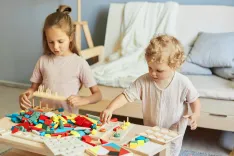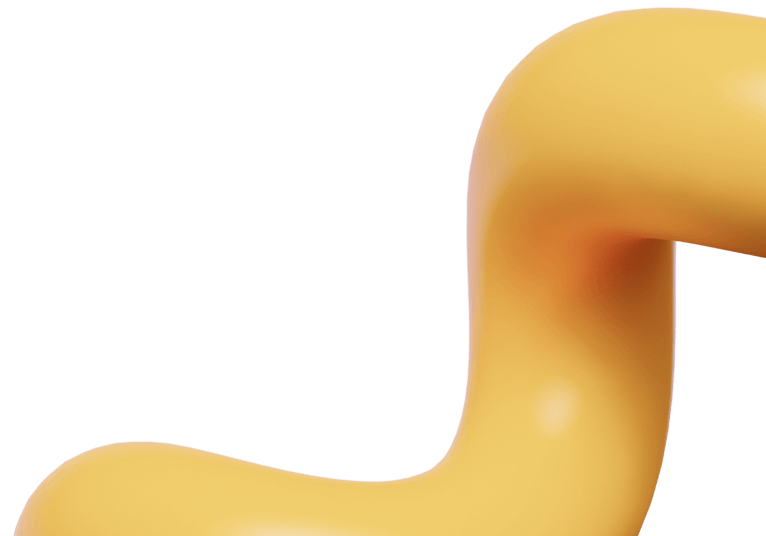Puzzle Games for Kids
Develop Critical Thinking, Memory & Attention While Having Fun

Why Are Kids’ Puzzles And Brain Games So Popular?
For all ages and at all times, puzzles have remained a favorite activity for kids — and here’s why:
— They develop thinking and focus
Children learn to analyze and compare shapes, colors, and details
— They spark curiosity and problem-solving
Every game is a challenge that kids want to solve
— They’re perfect for calm playtime
Puzzle games help children concentrate and spend time meaningfully, without overload
Start building the foundation for successful learning and logical thinking with our puzzles
Lean & Play

What’s Included In Keiki’s Online Puzzles And Brain Games?
Our collection includes a wide range of features that make your child’s playtime fun and diverse:
Classic puzzles
Put together a picture by matching shapes and images
Logic challenges
Find the missing piece, complete a sequence
Attention puzzles
Spot what’s missing, what’s different, or what doesn’t belong to complete the right image
Word-based puzzles
Not only do they sharpen attention and focus, like standard puzzles, but they also help kids learn the alphabet, start writing, and reading
Age-Based Puzzles: Growing With Every Game
We don’t just offer puzzle games online — we carefully group them by age for the right pace and effectiveness:








Try Online Puzzle Games For Kids — Watch Them Get Hooked!
Keiki’s puzzles and brain games don’t just entertain — they train intelligence, attention, and patience. They’re engaging at every age and deliver a ton of benefits in a playful, exciting format — see for yourself!
Why parents love Keiki
Keiki puzzles helped my twins learn to sort, match, and stay focused — without any yelling or pressure 😂 We play one before bedtime and it’s their favorite routine now.
4.1
Trust Pilot

My son is hooked on the puzzles with animals and shapes. He’s only 3 but already talks about “matching pieces” and “what fits where”. It’s fun watching him think out loud.
4.6
App Store

She used to get frustrated with puzzles, but Keiki’s format is so smooth and playful that now she asks for them. Her focus is better too — she can sit through the whole thing!
4.6
Google Play

These games are like brain workouts disguised as fun. My 5-year-old now says “I’m solving it!” instead of “I don’t get it.” That confidence boost is everything ✨
How to Start Play & Learn?
Step 01
📲 Download Keiki in just a tap — available on the App Store & Google Play. Start your child’s puzzle adventure today!
Step 02
👶 Create a profile for your little thinker — personalize their experience based on age and development stage.
Step 03
🧠 Pick a difficulty level and puzzle type — unlock matching games, shape sorters, logic tasks, and story puzzles tailored to your child’s skills.
Step 04
🧩 Let the solving begin! Watch your child match, rotate, and complete puzzles — all while building focus, logic, and confidence.


Need a more personalized learning plan?
Piece By Piece — Puzzle Games In The Keiki App
Want to combine fun, the joy of completing a task, and active brain development? Keiki’s puzzles and brainteasers for kids do all that and more, turning every piece into a step toward stronger logic and attention skills.
Logic, Focus, And Patience — All In One Game With Huge Benefits
Our app includes the best kids’ brain games that act as perfect development tools — and are as fun as the most exciting video game. The benefits of puzzles are huge:
– They improve fine motor skills and hand control
– They build understanding of cause and effect and train analytical thinking
– They strengthen spatial reasoning
– They boost concentration and the ability to sit still
– They enhance memory and attention by encouraging kids to find and match multiple pieces
– They stimulate creativity and imagination, as children constantly visualize the full picture
– They deliver enjoyment during play and especially at the moment of completion
And all of this happens without pressure or boredom. The play-based format helps kids learn while having fun.
Types Of Puzzles In Keiki — All That And A Bit More
Our kids’ online puzzle games offer incredible variety, including:
– Classic puzzles where the image is broken into parts. Kids reassemble the whole using shape, color, and detail cues — great for visual perception and hand-eye coordination
– Logic challenges that require choosing the right piece from a set. For example, completing a row or finishing a sequence. These develop thinking and pattern recognition
– Attention puzzles that involve spotting differences, matching shadows, or creating objects from shapes — excellent for focus, observation, and memory
– Story-based puzzles, or so-called “puzzles with a narrative.” They add more interaction and help develop imagination
– Many puzzles are also connected to numbers and letters to support counting and reading skills
Frequently asked questions
From 1 year — starting with the simplest shapes and large pieces. From 2 years, you can introduce puzzles with multiple elements.
No — all games are tailored to the child’s age, from the simplest to more advanced levels.
Yes, Keiki is available on all devices and syncs across them. You can use one account on multiple gadgets.
Absolutely — focus, logic, and perseverance are crucial for a smooth school start.
Yes, especially short attention games — they hold interest without overwhelming the child.